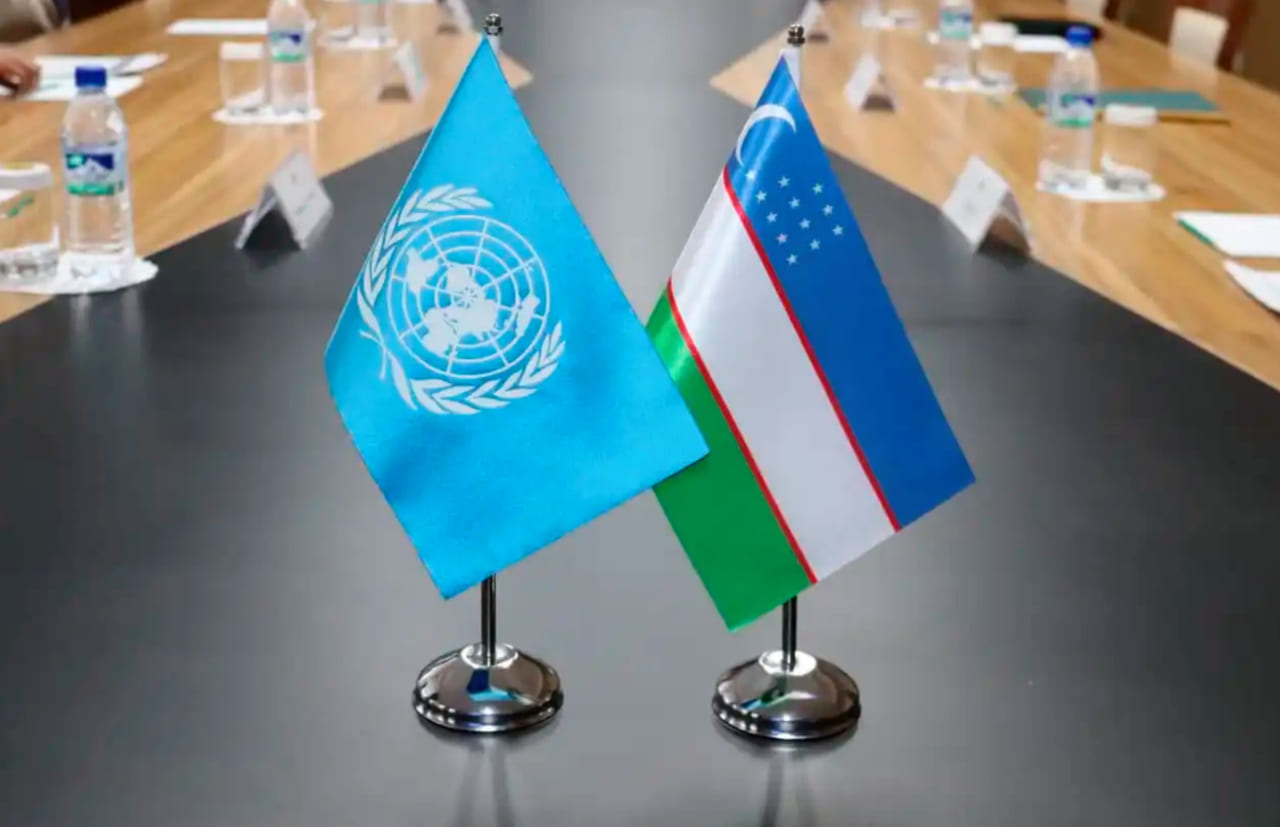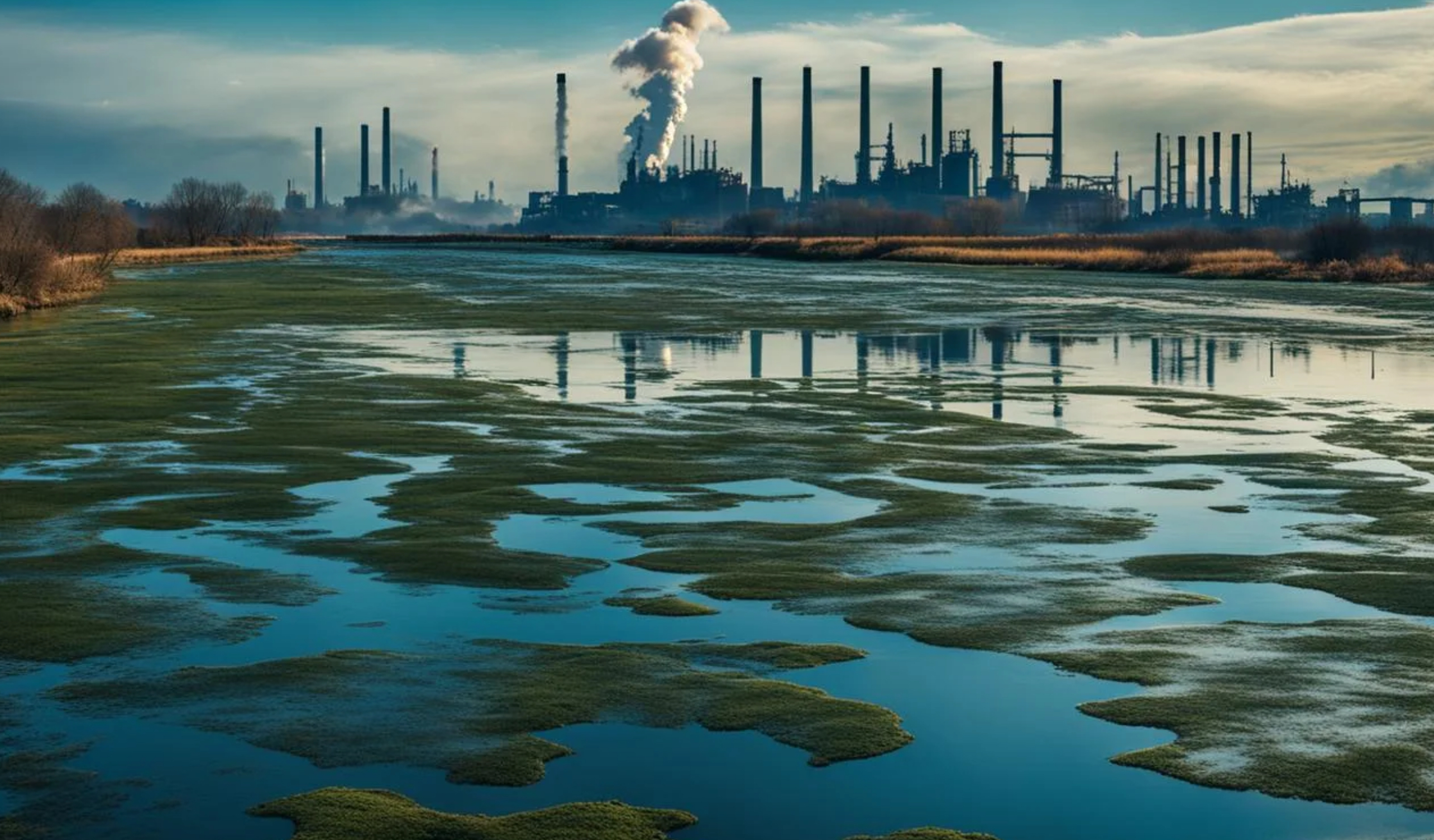Uzbekistan convened the inaugural meeting of the Inter-Institutional Working Group (IIWG) on the prevention of water pollution and tailings safety on September 24. This initiative is part of a broader project aimed at addressing water and sanitation challenges and protecting water resources in light of climate change.

The project is implemented under the auspices of the UNECE-WHO/Europe Protocol on Water and Health and the UNECE Convention on the Transboundary Effects of Industrial Accidents, with funding from the Swiss Agency for Development and Cooperation.
Uzbekistan, home to around 35mn people, grapples with water stress and inefficient water use, exacerbated by its rapidly expanding mining sector, which includes major production of gold and uranium. The country faces increasing environmental and health risks, particularly concerning water pollution from mining waste management.
During the meeting, Deputy Minister of Ecology, Environmental Protection and Climate Change, Iskandar Qutbiddinov, highlighted that water quality and health are top priorities for the government. He urged IIWG members to engage actively, share experiences, and exchange vital information.
Established in July 2024, the IIWG comprises representatives from various ministries, including those focused on water resources, sanitation, industrial safety, and environmental protection. This initiative marks Uzbekistan as the third Central Asian country to create an IIWG, following Kazakhstan and Tajikistan. The group aims to enhance coordination and facilitate dialogue among stakeholders on water resources, tailings safety, and pollution prevention.

The government of Uzbekistan has identified sustainable, climate-resilient development and natural resource protection as key priorities. The meeting gathered officials from national authorities, operators, academia, and NGOs, allowing for a comprehensive exchange on current initiatives and challenges.
Key issues discussed included the impacts of climate change and risks associated with Natural Hazards Triggering Technological Disasters (Natech), which pose significant challenges to water management and industrial safety. It was recommended that future IIWG meetings include operators of hazardous facilities, who possess essential insights into these matters.
Participants outlined the next steps, including developing a roadmap for Uzbekistan's accession to the Industrial Accidents Convention and creating a Joint Contingency Plan for industrial and tailings accident prevention in the Syr Darya River Basin. The IIWG's next meeting is scheduled for March or April 2024.
The IIWG meeting coincided with onsite training at the Almalyk Mining and Metallurgical Complex, focusing on tailings management safety. This training, held from September 24-26, 2024, is part of a broader initiative to strengthen tailings safety and prevent accidental water pollution in Uzbekistan and Central Asia, supported by the UNECE Industrial Accidents Convention and the Swiss Federal Office for the Environment.
While Uzbekistan is not yet a party to the Industrial Accidents Convention, it has benefited from the Convention’s Assistance and Cooperation Programme since 2005. The training session, organized under the leadership of the Ministry of Ecology, Environmental Protection and Climate Change, aims to enhance the country’s capacity to manage tailings safely and move towards compliance with international safety standards.
Through these efforts, Uzbekistan is taking crucial steps to mitigate environmental risks, safeguard water resources, and promote a sustainable future for its population.
Follow Daryo's official Instagram and Twitter pages to keep current on world news.
Comments (0)